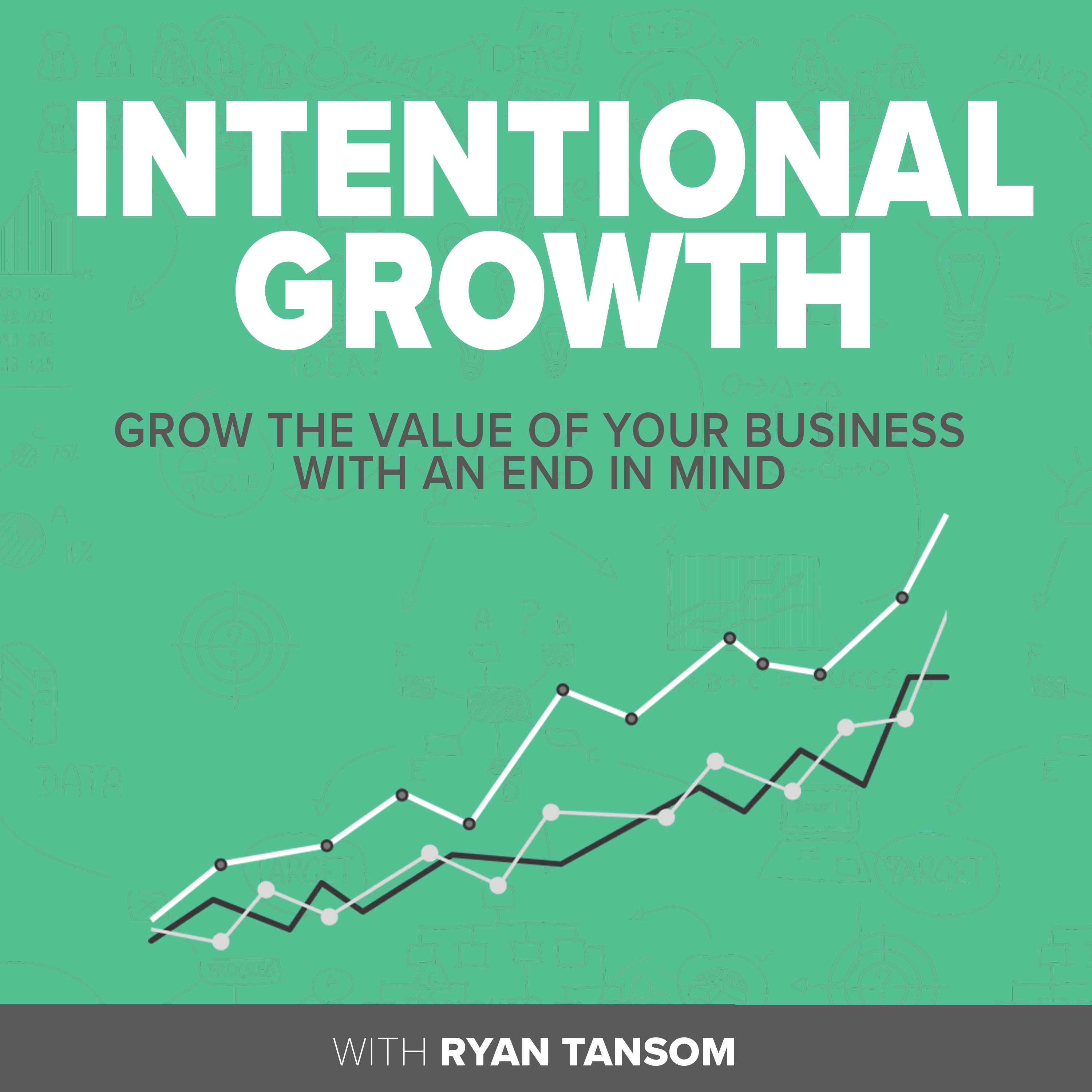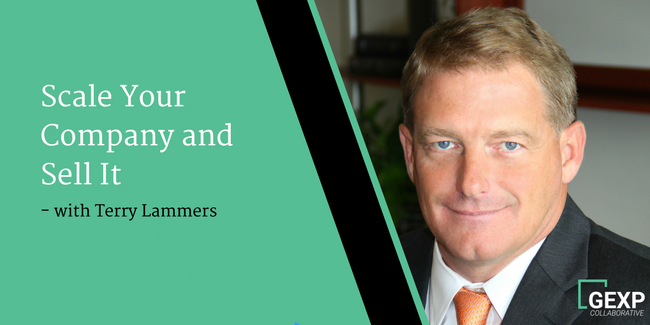Rob Nelson
Founder & CEO
415-614-4474
We’ve got a seriously wise man on the show this week. Not only did he sell his business for way more than the original offer, he then strategically mapped out the framework for his second half and he is having a blast doing it!
Rob’s goal for his life after business was to go into another venture, but despite feeling restless while working for the company he sold to, he only took the plunge once he had identified an opportunity that met the five strict criteria he’d devised. He is a great example of how good planning can set you up to succeed in a life after business, which of course is exactly why we’re here!
His investor used a multiple on the company’s net income and arrived at a figure. It was then agreed that whatever percentage of the figure Rob was able to pay would ultimately equal the share of the business he would receive. Rob eventually ended up hitting 100% and took full control of the business.
The business was strictly grown out of profits. After the initial investor was out of the equation, there was no external financing.
They hired a management consultant that forced them to really get a hold of their metrics. In his words: “that was the most transformational thing as CEO – it had the greatest impact”. The increased accountability for all staff made results improve immediately.
One of my favorite things that Rob said was that the metrics and data got him and his employees all working in the same direction. The data became the measuring tool instead of Rob. He was able to move to the same side of the table as his employees instead of being the bad guy “telling” his employees what they needed to do. The data became the “hero” or “enemy”.
They had real time information that measured how they were doing and allowed them to work as a team to march in the direction that was universally visible to everyone.
A larger competitor reached out to Rob and asked him if he was willing to sell. In Rob’s mind it wasn’t for sale, but he did provide the bidder with some rudimentary information to help with the process. He turned down two offers but remained in communication and set a price that would work, as well as some conditions.
Rob stipulated that it must be a cash purchase and that the deal had to be concluded in the two months before year end. Miraculously the buyer agreed to the higher price and to all of the conditions.
A deal of that nature was only made possible because of the data dashboards and excellent book keeping Rob had put in place. Rob was able to provide all the information that the buyer wanted, and much more, almost immediately. The confidence that they buyer had in Rob and his operations eliminated any hidden surprises that may have popped up to derail the deal.
In Rob’s experience a strategic buyer is easier to deal with. Due diligence is less rigorous and the price they pay is likely to be higher because they have the know how in the marketplace to make a return on the dollar they pay. He’d been receiving enquiries from private equity firms long before the sale but didn’t give them the time of day. Although he wasn’t particularly interested when the strategic buyer first came to the table, he was at least interested enough to volunteer information.
In Rob’s words: “I never considered myself an entrepreneur until I stopped running the show”. He suddenly realized he wasn’t happy without the decision-making ability. He knew he had to get out but his Dad advised him to not start another venture just because he was frustrated with his current one: there had to be a robust plan for the next step.
Over time he developed a list of 5 things his next venture had to be in order to make his next step fulfilling:
An analytics business called Grow.com which he was inspired to create when he got deep into the analytics at his previous firm. He was very passionate about data and tech and wanted to help other owner’s get access to the types of information he had. He saw that off-the-shelf software tended to be either very low level or aimed at massive corporates, so he set about exploiting the gap in the market.
[clickToTweet tweet=”“Every entrepreneur should go through the experience [of a sale]… it’s a very rewarding time.”” quote=”“Every entrepreneur should go through the experience [of a sale]… it’s a very rewarding time.”” theme=”style2″]
[clickToTweet tweet=”“When people can see the score, performance naturally increases.”” quote=”“When people can see the score, performance naturally increases.”” theme=”style2″]
Head to grow.com
Rob Nelson
Founder & CEO
415-614-4474

Having a dream and hustling are not always enough to reach your full potential—capital is required to fuel that growth! Sarah Dusek shares how...

We have a serious high achiever on the podcast this week – a man who managed to buy 11 companies (one in just three...

In part two of our two-part series, Dave Hoeffel shares the mental and emotional impact of business ownership and what it took for him...